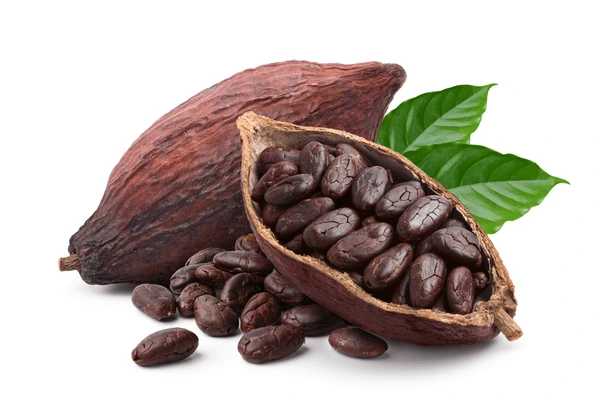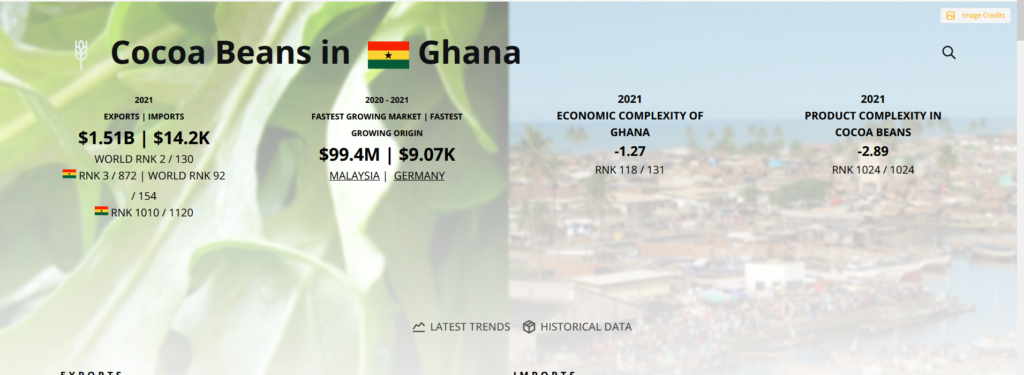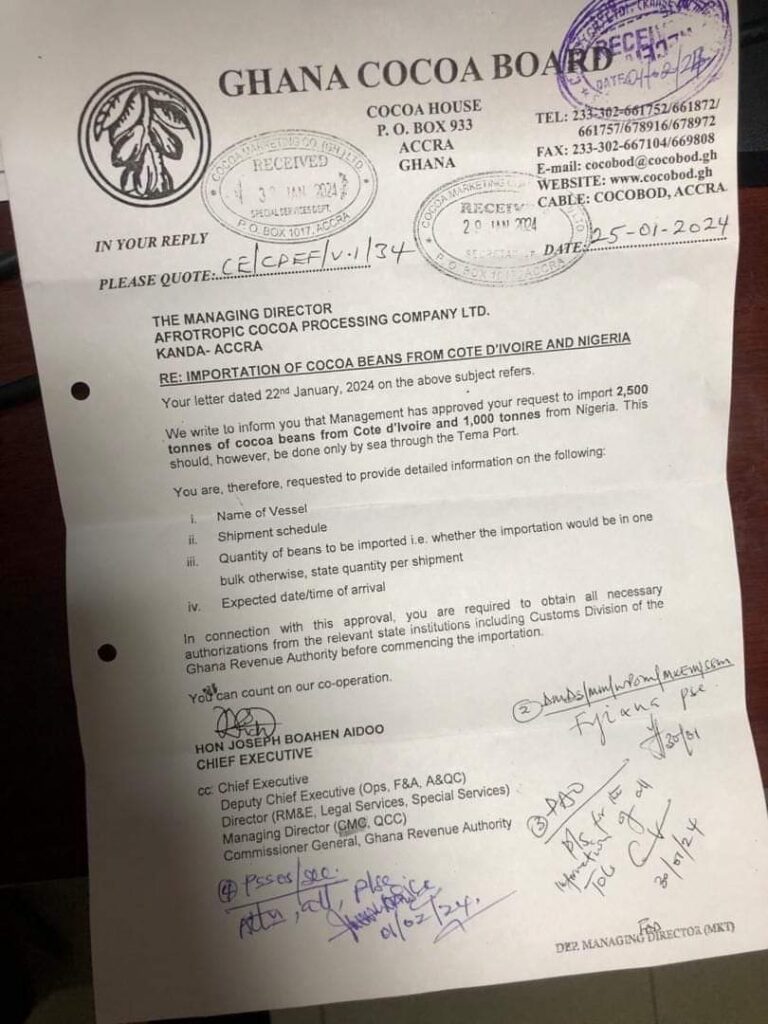
Ghana has began the importation of Cocoa Beans from Cote d’ Ivoire and Nigeria for domestic production needs.
A letter signed by the the chief executive, Joseph Boahen Aidoo, dated January 25, 2024, to the managing director of Afrotropic cocoa Processing Company limited and sighted by paqmediagh, granted the cocoa processing company exclusive permission to import a total of 3,500 tonnes of Cocoa Beans from the two countries.
The letter, which has a number of official stamps and minuting, was in response to a request made to Ghana Cocoa Board on January 22, 2024, seeking approval to import the raw Cocoa Beans to meet its its production needs.
The development has further exposed the harm being caused to Cocoa production in Ghana, which used to be the number one Cocoa producer in the world, a position she lost to Cote D Ivoire some years back and straggling to regain.
Apart from the issue of inadequate support for the sector, is the effect of illegal mining on cocoa production.
The destruction of arable lands and water bodies, coupled with the uncontrolled environmental pollution, have all turned to impact negatively on Cocoa production, requiring more investment in agro-chemicals and other inputs for result.
Additionally, the increase in cocoa smuggling out of Ghana has quadrupled the challenges in the Cocoa sector.
Yet, the lip service from the government towards addressing these challenges far from the solutions required.
It is yet unclear how many of such requests have gone to the Ghana Cocoa Board and from which user agencies.
In 2021, Ghana imported $14.2k in Cocoa Beans, mainly from Germany ($10.9k) and Nigeria ($3.23k).In the same year 2021, Ghana exported $1.51B in Cocoa Beans, making it the 2nd largest exporter of Cocoa Beans in the world. At the same year, Cocoa Beans was the 3rd most exported product in Ghana. The main destination of Cocoa Beans exports from Ghana are: Netherlands ($230M), Malaysia ($216M), United States ($130M), Brazil ($115M), and France ($96.3M).
This is by OEC PRO, The Observatory of Economic Complexity, an online data visualization and distribution platform focused on the geography and dynamics of economic activities. The OEC integrates and distributes data from a variety of sources to empower analysts in the private sector, public sector, and academia.

Read the full letter below.

By Peter Quao Adattor








